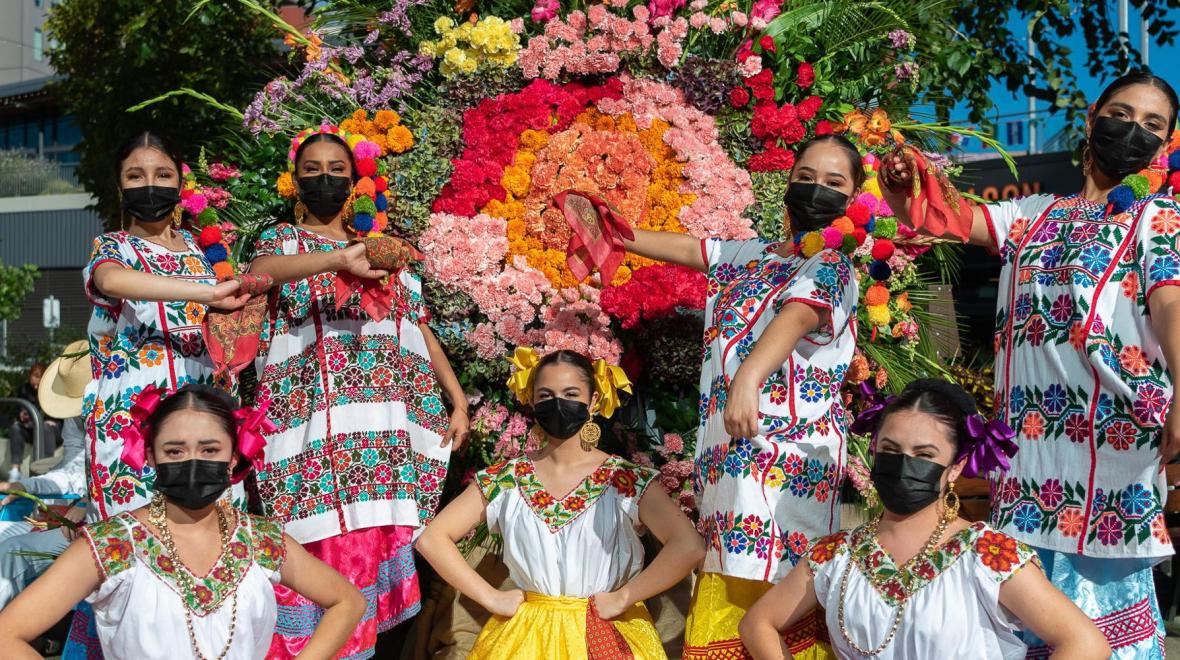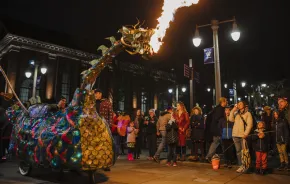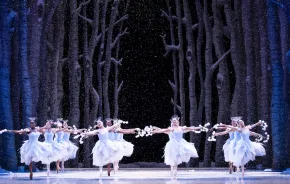
The celebration to honor the dead originated in the Anahuac pre-Hispanic era, particularly during the Aztec civilization. There were several celebrations to honor dead; the biggest ones were held at the end of the corn harvest from September to November.
Miccaihuitontli (a feast dedicated to deceased children and infants) and Tepeilhuitl (a feast dedicated to deceased adults) were the most important ones until the Conquest arrived and changed everything.
During the celebration of these two festivals, participants expressed gratitude for the harvest they gathered, as well as honored the memory of the deceased. They expressed their gratitude for the corn, sugar cane, and other fruits and vegetables that once again grew and died to give life. Mother Nature’s cycle of life has always been linked to the belief of life and death in the cosmogony inherited from the Aztecs that lives on today in the memory and traditions of the people of Mexico. By preserving this celebration, the cycle of life does not die out, but remains in constant motion. We want to share this part of history with you on the eve of our upcoming Day of the Dead celebration.
We invite the community to join us in thanking the Coast Salish Peoples, especially the Duwamish tribe, for allowing us to share the space and enjoy these verdant times. We also extend the invitation to honor the cycle of life on this land that assimilates the cosmogony of our ancestors from the south.
Our goal has always been to share our traditions, cultural treasures, knowledge, and experiences with not only the Mexican community, but the entire Puget Sound region.
We invite you to come and join this celebration that will feature a cultural market (supporting families and businesses in the community), art displays, traditional dances, food trucks, a beer and spirits garden, craft activities, and participation from local and international artists.
Xopantla Tianquiztli (XŌPAN, -TLAH TIĀNQUIZ-TLI) is presented in partnership with the Dia de Muertos Festival Committee, dedicated to preserving culture and traditions.






